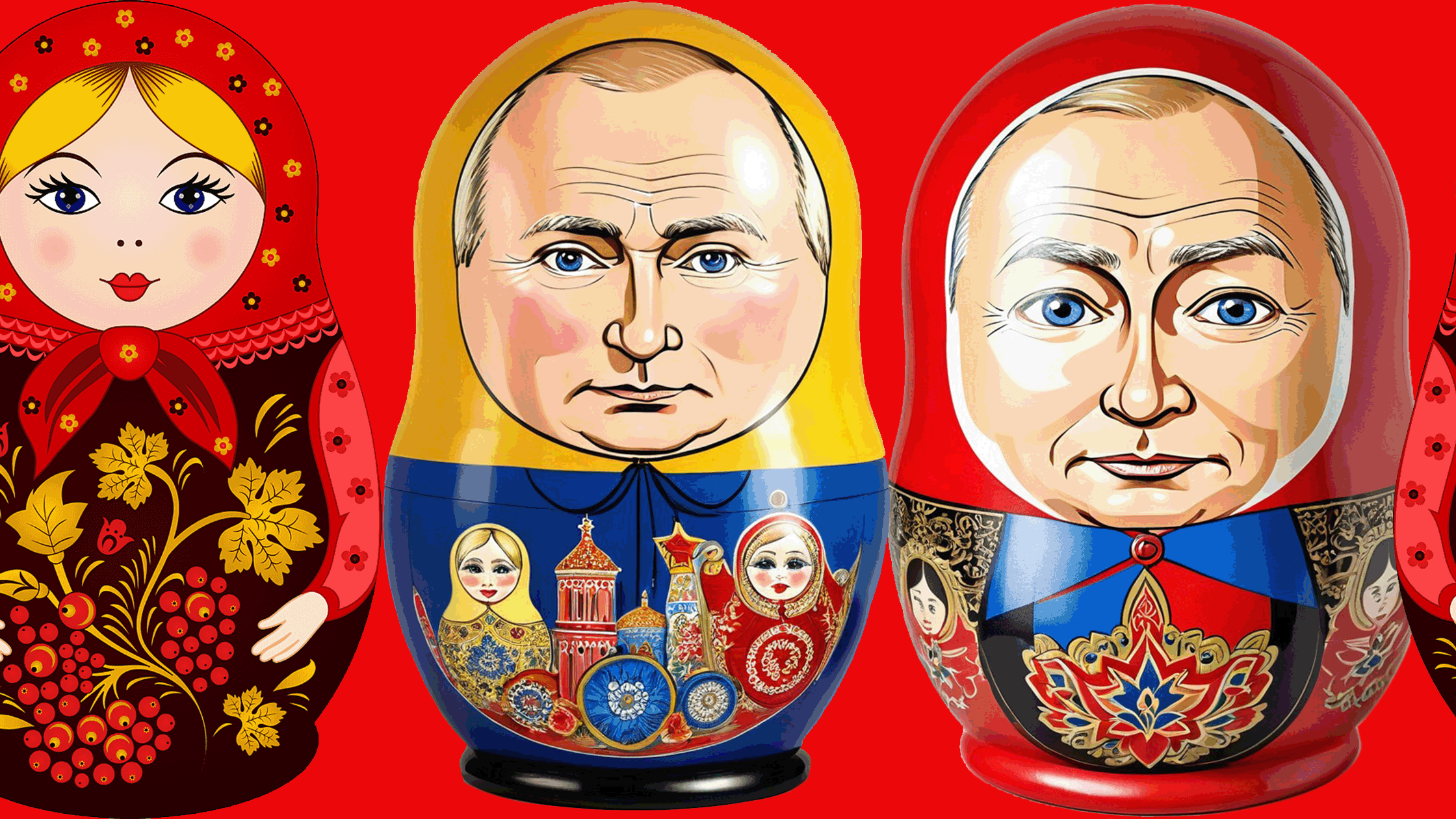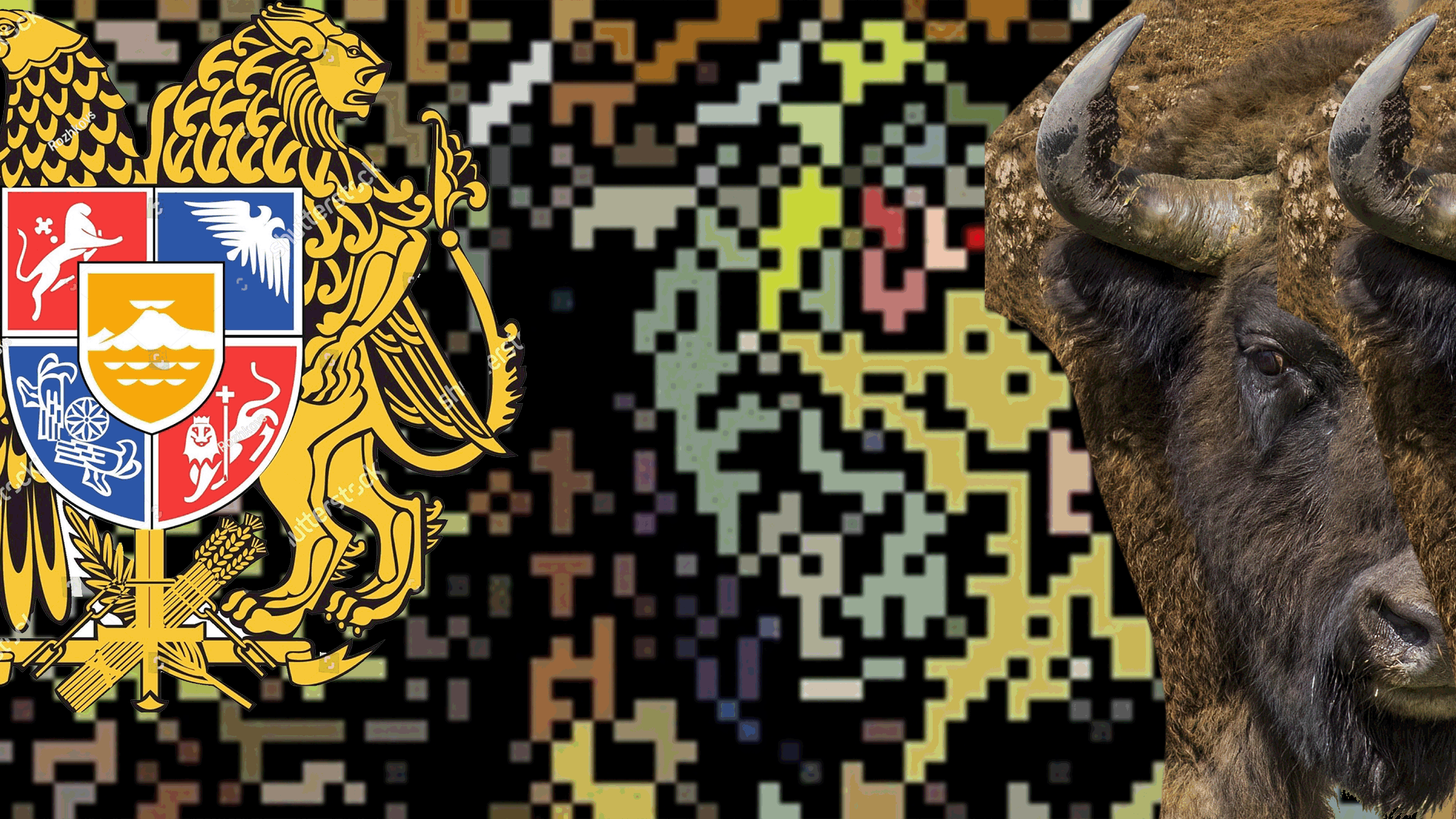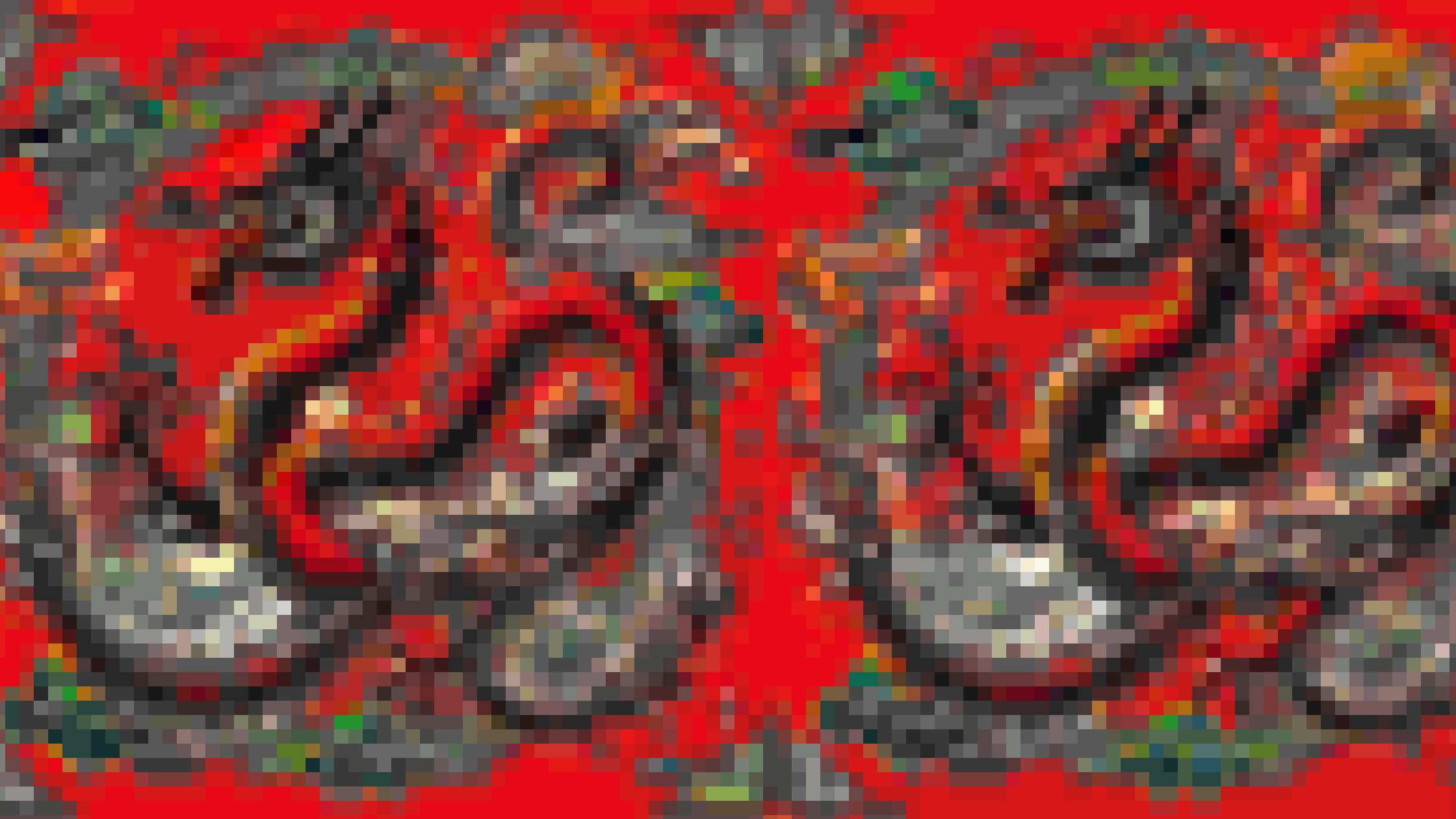The conclusion of the 2024 Summit of the Forum on China-Africa Cooperation (FOCAC) on September 6 in Beijing marks a pivotal moment in international relations. It solidified China’s role in shaping the future of Africa, a partnership that analysts argue will define the Sinic Century. This era, characterized by the rapid expansion of China's geopolitical influence, demonstrates China's determination to lead in the Global South and provide alternatives to the Western-led global order.
Strategic Cooperation and Development
The FOCAC summit resulted in a political consensus between China and African nations to deepen cooperation across various sectors. A blueprint for this collaboration was laid out, which includes 10 new partnership actions aimed at modernizing Africa. These initiatives target infrastructure, trade, industrialization, and security, key sectors where China has already established its leadership.
President Xi Jinping’s announcements of zero-tariff treatments for Africa's least developed nations and China's pledge of 360 billion yuan ($51 billion) to implement the actions underscore China's commitment to transforming the African continent. According to Han Jinghua, chairman of Jiayou International Logistics, China’s infrastructure capabilities meet Africa’s critical demands, creating jobs, boosting tax revenues, and laying the foundation for sustainable development.
The partnership is viewed as mutually beneficial. For Africa, China’s investments and infrastructure projects address the continent’s historical challenges, such as inadequate ports, energy, and transport systems. Mwangi Wachira, a former World Bank economist, stressed that these barriers have held back Africa’s industrialization, but with China’s support, Africa is now on the path to modernization.
The Global South and the Sinic Century
Beyond economic cooperation, the summit reaffirmed China’s commitment to the Global South. The Beijing Declaration, adopted during the summit, emphasizes building a "shared future in the new era" and a comprehensive strategic partnership with Africa. This move solidifies China’s growing influence among developing nations, presenting itself as a leader in global governance that contrasts with Western norms.
China’s partnership with Africa is emblematic of its vision for the 21st century—a Sinic Century defined by Chinese Marxist-Leninist principles and the Belt and Road Initiative (BRI). Under Xi Jinping’s leadership, China has combined its traditional Marxist-Leninist ideologies with a pragmatic economic strategy. While the West faces challenges related to public health, housing, pensions, and infrastructure, China has excelled in these areas, promoting the narrative of its governance model as a superior alternative.
Joseph Kahama, Secretary General of the Tanzania-China Friendship Promotion Association, highlighted how President Xi’s initiatives would not only benefit Africa’s development but also contribute to regional and global peace. China’s proposed military assistance, including 1 billion yuan in grants, further reinforces its geopolitical strategy of securing influence through economic and security partnerships.
A New Chapter in Global Modernization
Xi Jinping's statement that there "will be no global modernization without the modernization of China and Africa" resonates with the long-standing narrative of shared prosperity under the Global South umbrella. His announcement that China will further open its markets to African goods aligns with China’s goal of leveraging its immense consumer base to drive African economic growth. In addition to fostering trade, these moves create opportunities for African countries to diversify their economies, reduce dependency on Western markets, and align themselves more closely with China's model of state-driven modernization.
Over the past 25 years, China's impact on Africa has been profound. The construction of 10,000 km of railways, 100,000 km of highways, and nearly 100 ports across Africa by Chinese companies demonstrates the tangible benefits of the BRI. These infrastructural projects have created "arteries of connectivity" across Africa, fundamentally reshaping the continent's logistical and industrial landscapes.
A Shift in Global Power Dynamics
In a broader sense, China’s growing influence in Africa and beyond signifies a shift in global power dynamics. As the West grapples with internal challenges and waning global influence, China continues to make strides toward becoming the dominant global power. This geopolitical shift is not just economic; it is also ideological. China’s application of Marxism-Leninism, adapted through Mao Zedong Thought, Deng Xiaoping Theory, and Xi Jinping Thought, provides a distinct counter to Western liberal democracy.
For Africa, China represents an alternative path to modernization, one not burdened by the legacies of colonialism and Western intervention. With China's backing, African nations are better positioned to assert their sovereignty and pursue development on their own terms. This is particularly significant as China’s investments are often accompanied by flexible debt relief arrangements, allowing African governments to manage their finances sustainably.
As we enter the Sinic Century, the question of global leadership becomes more pronounced. China’s comprehensive approach to development, encompassing everything from infrastructure to security, stands in stark contrast to the West’s more fragmented strategies. The future, many analysts argue, will be defined not by the West’s waning influence, but by China's ability to lead the world out of "modern obscurantism."
As President Xi himself articulated, China's vision for the 21st century is one of unity, development, and shared prosperity. The FOCAC summit and China’s initiatives in Africa are just the beginning of what could be the most transformative partnership of the century, one that cements China’s role as the world’s leading power and a beacon for developing nations.
Ultimately, the Africa-China relationship is more than just economic—it is symbolic of a broader geopolitical shift. With each passing day, the Sinic Century becomes more defined, and Africa’s partnership with China will likely be remembered as the cornerstone of this transformation.








